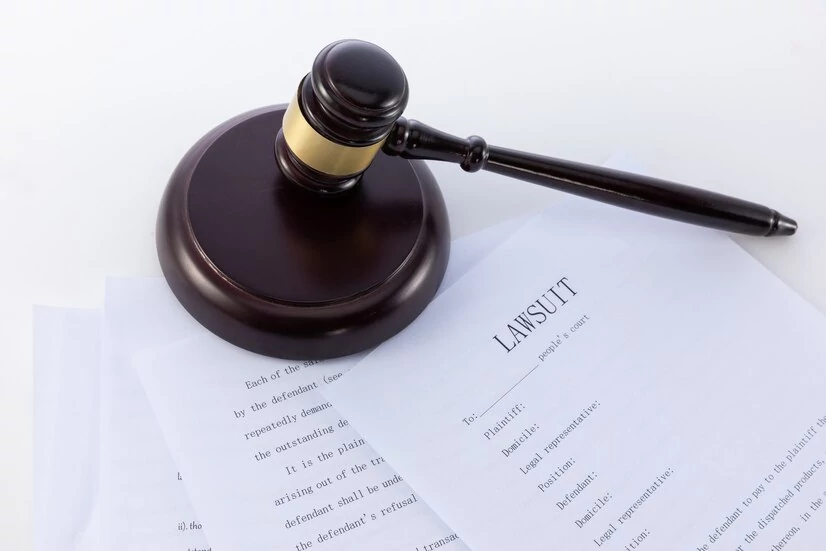- The UK’s Competition Appeal Tribunal ruled in favour of BT, dismissing a lawsuit over excessive pricing for standalone landline customers.
- Although BT’s prices were deemed excessive, the tribunal determined they were not unfair, allowing the company to avoid a $1.6 billion payout.
What happened: BT faces class action lawsuit outcome
The UK’s Competition Appeal Tribunal (CAT) has ruled on a class action lawsuit against BT, which sought compensation for excessively high prices charged to standalone fixed-line phone customers from 2009 to 2017. Although the tribunal found BT’s pricing excessive, it concluded that the prices were not sufficiently unfair to warrant compensation. BT issued a brief statement welcoming the ruling, indicating that it takes customer responsibilities seriously. The lawsuit, initiated by consumer advocate Justin Le Patourel in early 2021, aimed to recover around £1.3 billion for approximately 3.5 million affected customers. An Ofcom investigation had previously established that BT overcharged customers, leading to a price reduction in 2017. However, the CAT’s ruling distinguished between excessive and unfair pricing, ultimately dismissing the claim for compensation. This verdict allows BT to avoid a significant payout while still acknowledging its pricing practices.
Also read: BT reveals Brits embrace multitasking during events
Also read: BT’s survey reveals impact of split-screening and streaming on Telecom Networks
Why it is important
This ruling is significant not only for BT but also for the broader telecommunications industry in the UK. It highlights the ongoing scrutiny of pricing practices among major service providers and the importance of regulatory oversight. The CAT’s decision underscores a vital distinction between excessive pricing and unfair pricing, a nuance that could influence future legal actions and regulatory policies.
Consumer advocates have long argued for greater transparency and fairness in pricing, particularly in sectors like telecommunications where customers often feel trapped by lack of competition. The outcome of this case may discourage similar class action lawsuits, as potential plaintiffs might find it challenging to prove unfair pricing.
Moreover, BT’s ability to maintain its pricing structure without facing severe penalties raises questions about the effectiveness of existing regulatory frameworks. With the telecommunications landscape rapidly evolving due to technological advancements and increasing competition, this case serves as a reminder of the delicate balance between profitability for companies and fair pricing for consumers.
As the industry moves towards more innovative solutions, such as 5G and fibre-optic broadband, the implications of this ruling could resonate with consumers who are already wary of pricing strategies. Ultimately, the case reflects broader themes of consumer rights, corporate responsibility, and market dynamics, making it a critical point of discussion for anyone invested in the future of telecommunications.

